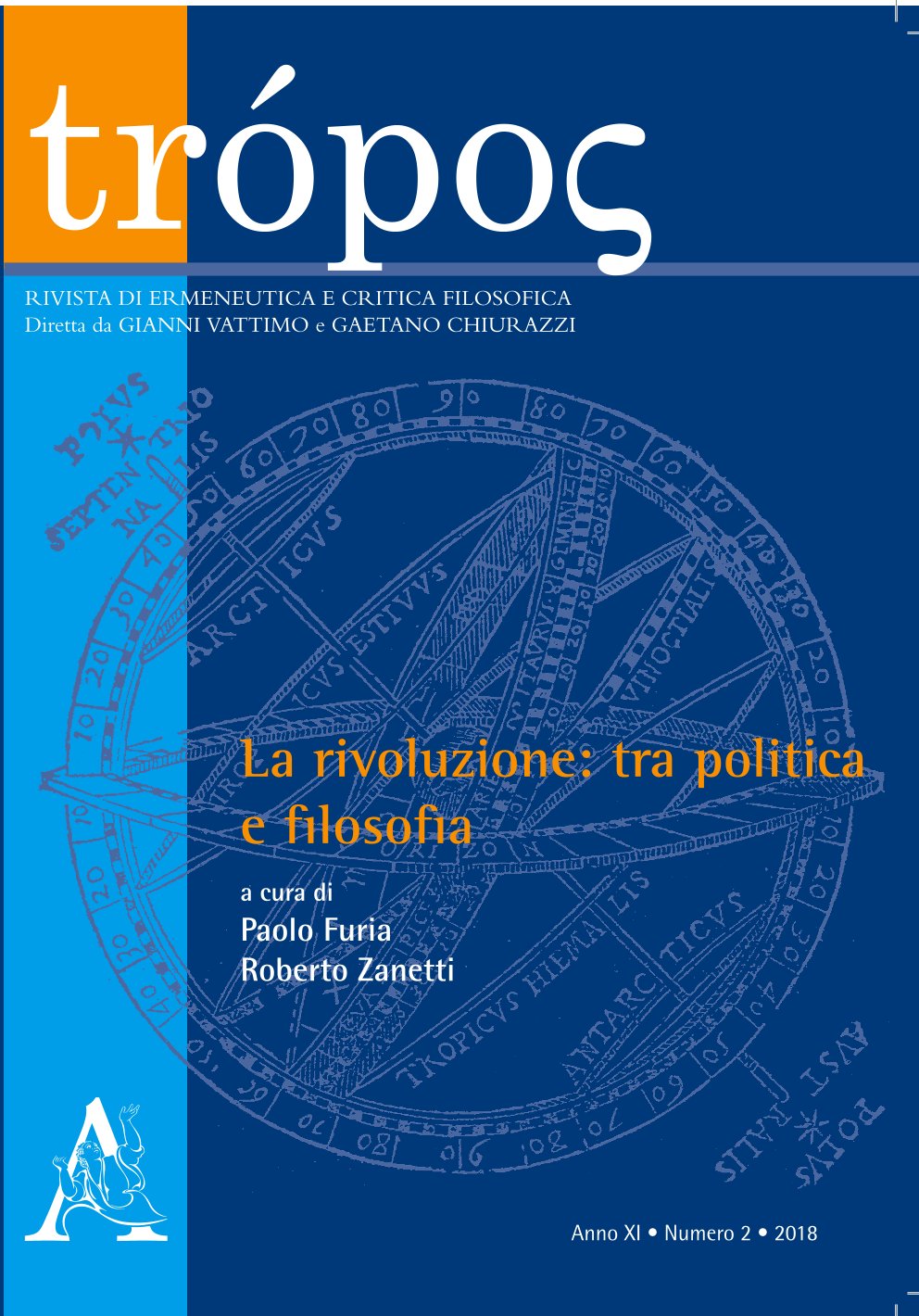Pathways to the Problem of Founding in Contemporary Political Thought
DOI:
https://doi.org/10.13135/2036-542X/8135Parole chiave:
Founding, Revolution, Post–Foundationalism, Eric Voegelin, Claude LefortAbstract
The article argues that the dominant approach on political foundings as standing in for ordinary political acts loses sight of their uniqueness as polity–establishing acts. Relying on Claude Lefort and Eric Voegelin, it recovers founding moments phenomenally and philosophically by distinguishing them from revolutions. Phenomenally, it argues that whereas revolutions follow a three–stage form of mobilization, downfall, and constitution, foundings are missing such a pre–defined form. Accordingly, revolutions can be understood in the consecutive time–sequence in which the event unfolded in history, while foundings are endowed with a form only retrospectively, through the effort to understand them. A founding, therefore, cannot be a pre–fixed discrete event in history but is found in the displacement of that event in time by the understanding effort. Philosophically, the nature of the problem of founding reemerges out of (a) the constitution of a founding act as the difference between the visible phenomenon and its invisible form, and (b) the common experience of philosophizing and founding as an act of resistance to the pre–existing political order. Accordingly, the social sciences may be more appropriate to the conceptualization and study of revolutions, political philosophy is more appropriate to the conceptualization of foundings and the hermeneutic sciences are more appropriate to the study of particular founding moments.



